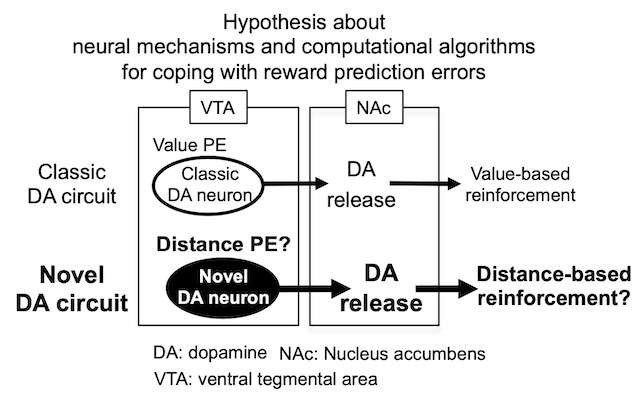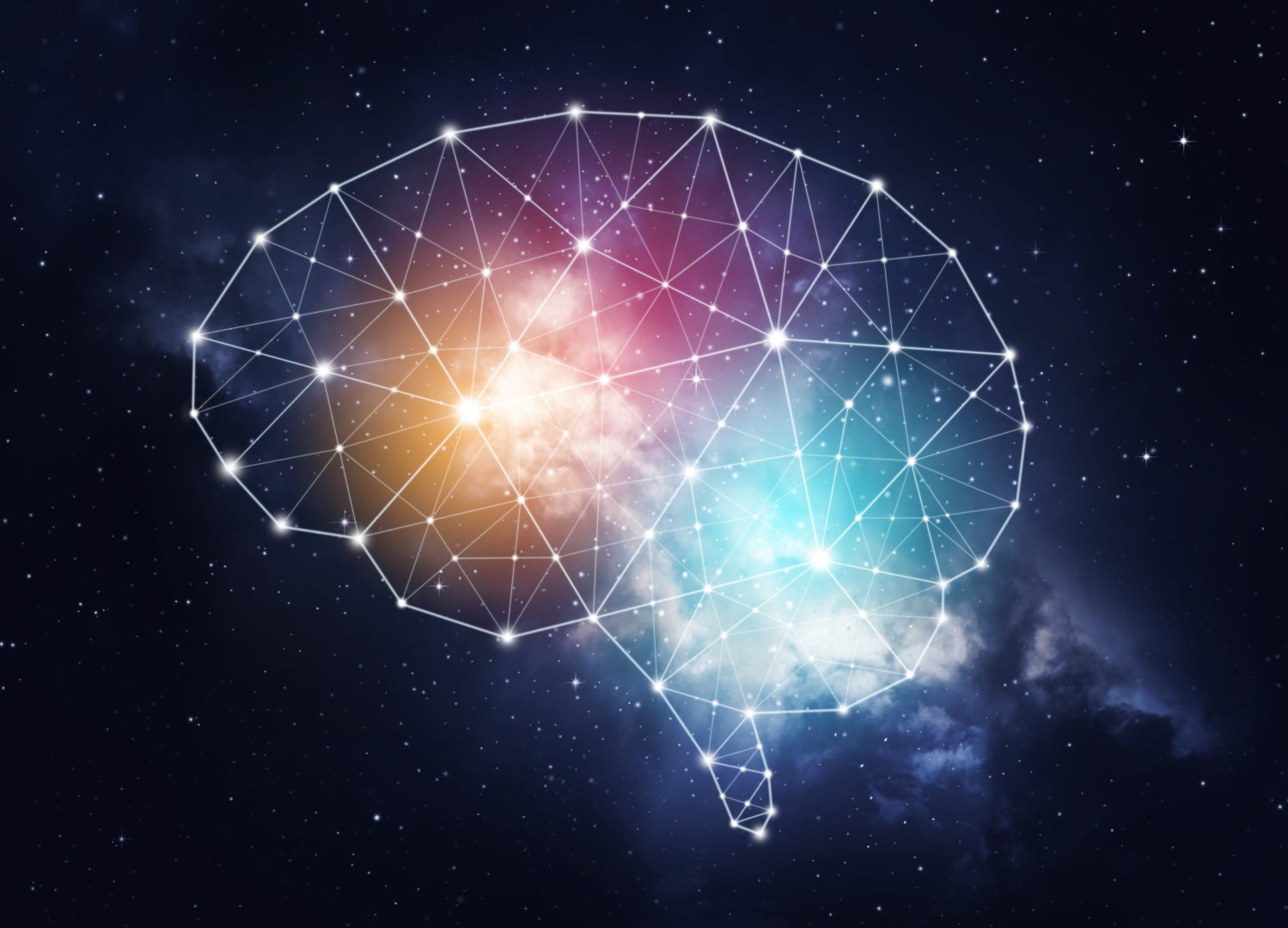C02 Neural mechanisms and computational algorithms for coping with reward prediction errors
Humans commonly set goals higher than their current situation and spend a lot of time and effort to achieve them. Even if results don’t go as planned and disappointment occurs along the way, rather than accepting it and giving up on the goals, they actively overcome it, leading to future success. In nature, success often does not come immediately, and if one cannot actively cope with disappointment in limited foraging or mating behaviors, it affects the survival of the species. Despite its universal importance, the neural mechanisms that underlie the prediction and behavior to overcome disappointment were previously unknown. The midbrain dopamine neurons, which are central to the reward system, were traditionally thought to be responsible for prediction errors about reward value and to weaken behavior in response to negative reward prediction errors of disappointment. However, our group has recently discovered dopamine cells that “increase activity during disappointment and enhance behavior to continue seeking rewards even after disappointment” (Ishino et al., Science Advances, 2023). This study introduces a novel behavioral task in rats and employs state-of-the-art techniques for neural activity measurement and manipulation targeting the midbrain dopamine circuitry, along with data-driven mathematical modeling, to elucidate the computation and causal role of the novel dopamine neurons in behaviors.


